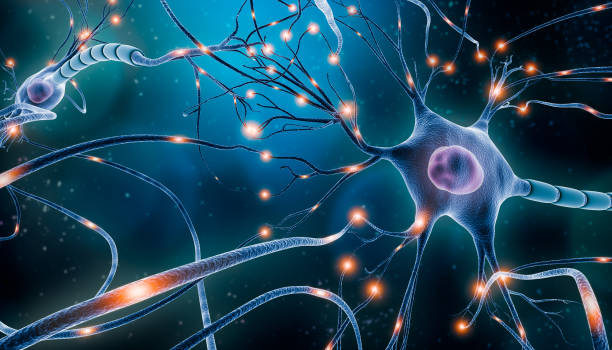
How Sleep Deprivation Can Affect Your Brain: Insights From Evoke Neuroscience
Sleep, a fundamental human need, is integral to our overall health. It aids our brains in processing information, consolidating memory, and regenerating cells. However, the impact of sleep deprivation, or inadequate sleep, can be profound, significantly affecting brain performance and other essential bodily functions. Evoke system, dedicated to understanding and improving brain health, gives a detailed perspective on the effects of sleep deprivation.
The Implications Of Sleep Deprivation
When we don’t get adequate sleep, our body and mind suffer. According to Evoke Neuroscience, the effects of sleep deprivation encompass:
Cognitive Performance And Decision-Making
• Impact on Attention and Concentration: Sleep deprivation can lead to decreased alertness, reduced attention span, and hindered concentration, thus negatively affecting productivity levels and task performance.
• Poor Decision-Making Skills: Decision-making capabilities are considerably compromised as a result of inadequate sleep. This degradation manifests in the form of poor judgment and prolonged reaction time.
• Memory Impairment: Both short-term and long-term memory are affected adversely due to insufficient sleep. The brain needs sufficient downtime to consolidate and organize memories efficiently.
Mental Health Impacts
Sleep deprivation isn’t just about feeling tired; it also has noticeable effects on mental health.
• Mood Swings: There is a strong correlation between lack of sleep and increased mood volatility, with a higher risk of developing mood disorders such as depression and anxiety.
• Increased Stress Levels: Exhaustion due to sleep deprivation can result in heightened stress and anxiety levels.
Neurological And Physical Impacts
Evoke system further highlights that sleep deprivation can lead to:
• Neurodegeneration: Chronic sleep deprivation can cause neurons to degenerate, leading to severe neurological diseases like Alzheimer’s.
• Physical Health Deterioration: Sleep deprivation can disrupt immune function, leading to a wide array of health problems, including cardiovascular diseases and diabetes.
Mitigating The Effects Of Sleep Deprivation
In light of these impacts, Evoke Neuroscience system suggests practical steps to combat sleep deprivation and ensure better sleep and brain health:
• Implement a Regular Sleep Schedule: Allowing your body to learn a routine can aid sleep significantly. Try to sleep and wake up at the same time daily.
• Establish a Conducive Sleeping Environment: Keep your bedroom quiet, dark, and cool. Invest in a comfortable mattress and pillows.